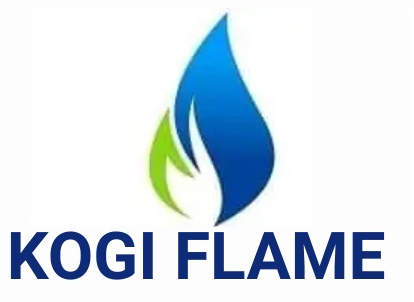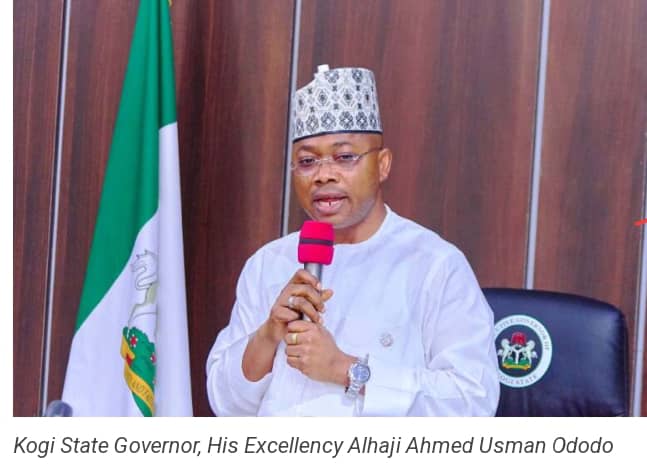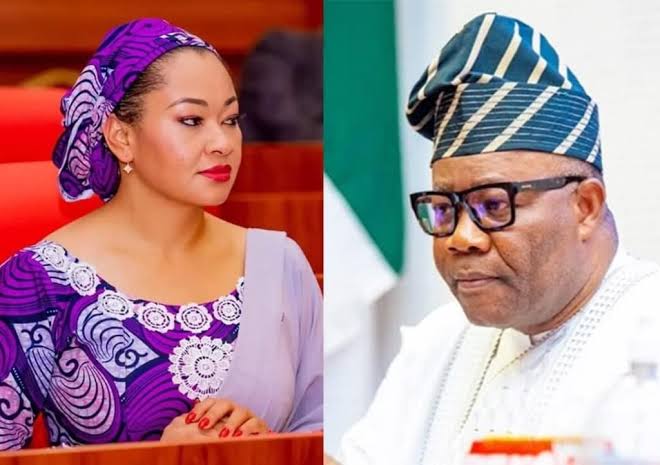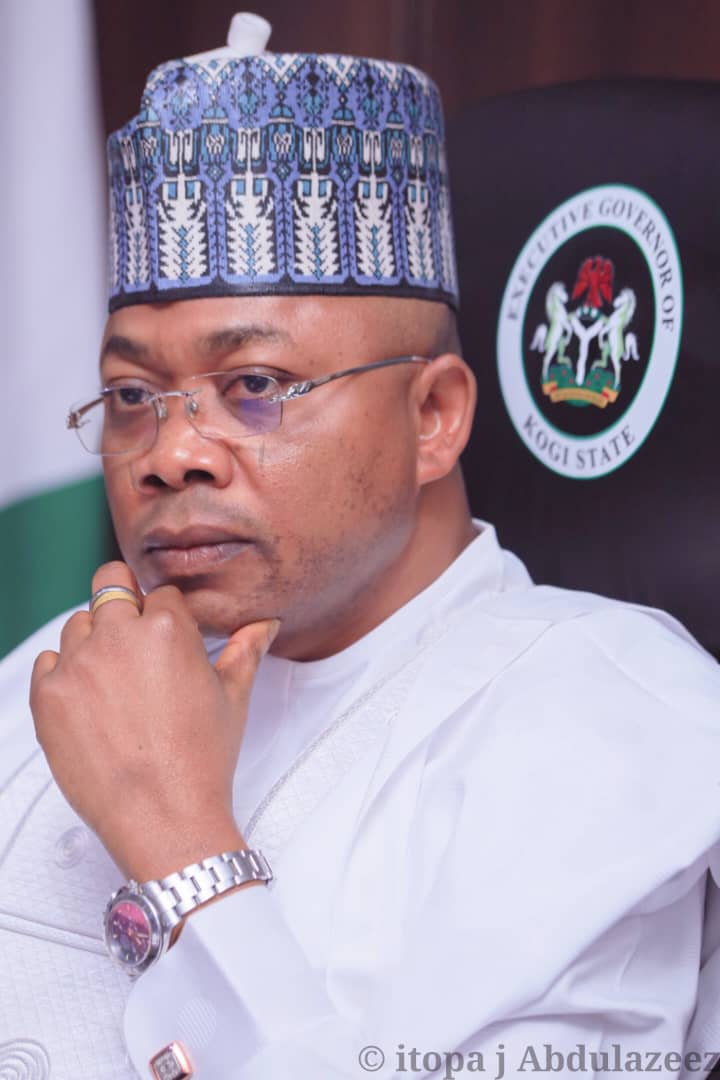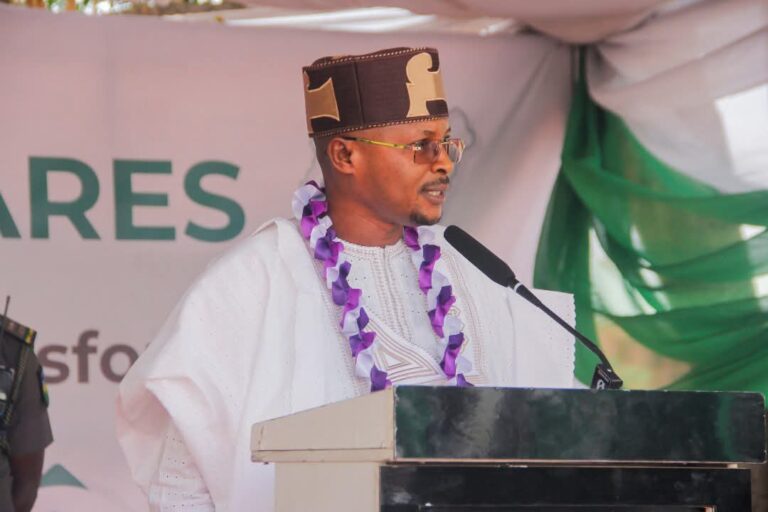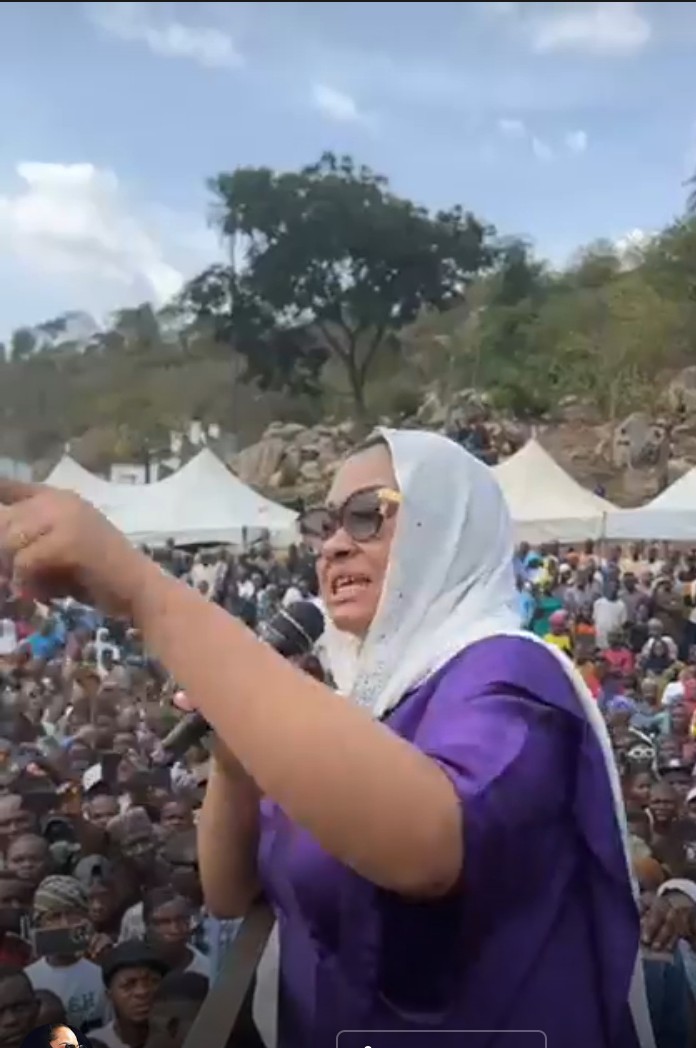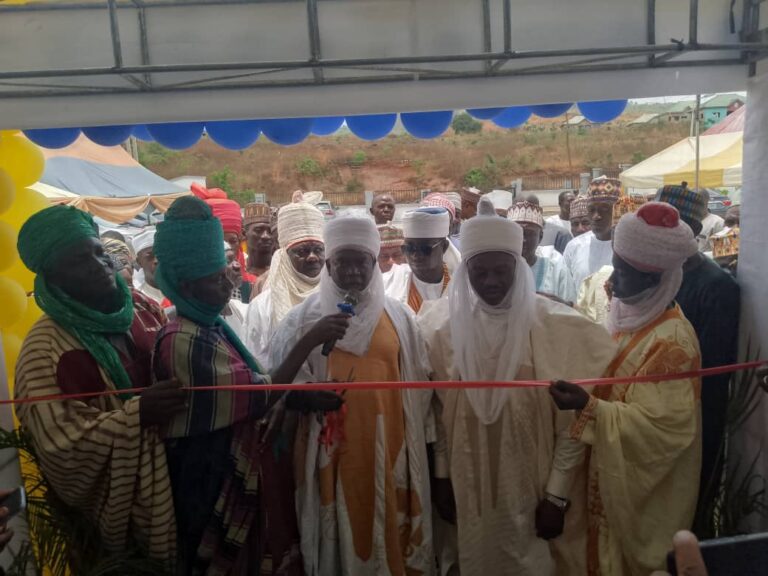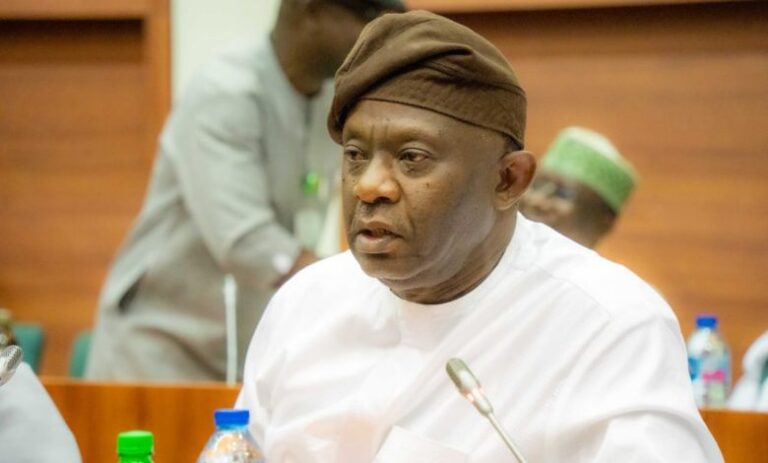
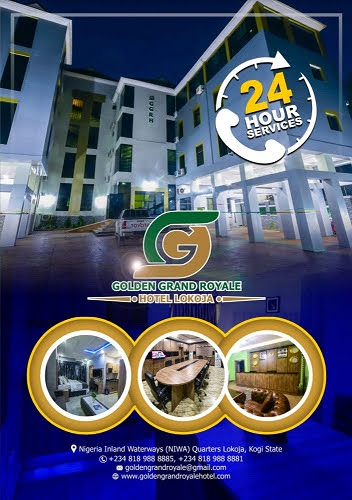
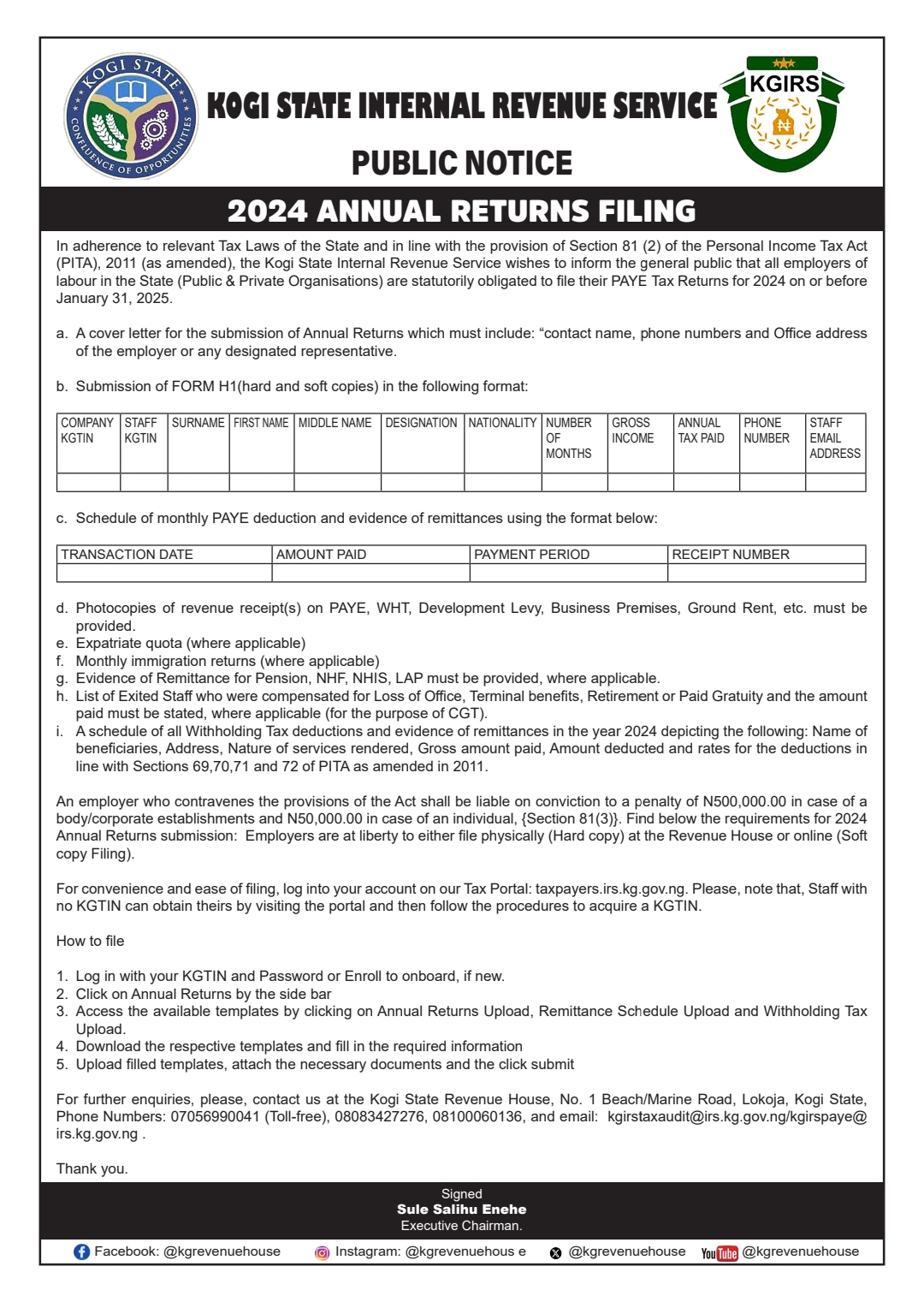
Kogiflame
By La’Niyi Africa
This part 2 develops a political economy argument whose central thesis is that Pan-Africanism has considerable potential to promote economic and political development with affinity to mutual development if it can create collective solidarity to eliminate deep-rooted vested interests in protecting extractive institutions that doomed a sustainable and inclusive development process.
In this context, we argue that it is time to make use of the power of imagination and innovate a new set of political economic strategies that focus on rebuilding the pillars of horizontal and vertical integration and synchronization of policies and practices.
Most of these initiatives are predicated, however, by the existence of a functioning and inclusive political and economic institutional framework across countries on which Pan-African economic and political order is built to shape the collective behavior of Africans.
It is firmly believed although not without fragments of arguments that the fundamental and priority reforms are not beyond the capacity of contemporary African governments to deliver if they are committed, and have the necessary incentives, to steadily eliminate coercive and exploitative policies and institutions in coordination within the framework and spirit of Pan-Africanism.
While it takes radical institutional reforms of revolutionary proportions across Africa to realize these objectives, we must also recognize that the 21st century brave world we are living in does not seem to accommodate or cooperate unless Africans earn their collective bargaining power.
The African economies were not only poor and backward at the dawn of independence but also highly exploitative. Moreover, the countries were too small and fragmented that most of them did not constitute a viable political economy landscape. The dual economic structures of predominantly subsistence agriculture in conjunction with pockets of mining and basic processing industries faced with the challenges of industrialization and job creation for a rapidly growing labor force.
The dominant share of the labor force is left to scrape a living in low productive agricultural and informal sectors. The overall post-colonial economic performance has been largely dismal, and economic stagnation and poverty dominated the continent; and Africa found it hard even to maintain its relative economic position in the brave and competitive world economic space.
African countries widely adopted a state-led economic development approach that emphasized the critical role of the state in decision making and resource allocation with central planning. This process marginalized market forces and the private sector in resource mobilization and allocation decisions.
While the government sector has significant positive roles to play in economic development processes, marginalization of the private sector or its exclusion from playing a part commensurate to its capacity was the wrong approach. These policy choices contributed to further weakening an already weak private sector and eventually for the government to control the commanding heights of the economy.
Economic development requires effective and coordinated effort of both the private sector as well as the government sector in economic affairs. There have been competing theories in explaining the poor growth performance of the African economies (Easterly and Levine 1997; Landes 1999; Beinhocker 2007; Venables 2010; Acemoglu and Robinson 2013).
Most, if not all, agree that economic growth performance is highly dependent on economic policies and institutions in which economic agents undertake their decisions and respond to overall incentive structures. Sustainable economic growth and development requires countries putting their policies and institutions right and responsive.
It is the decisions of individuals in their daily struggle to earn a living that cumulatively shape the aggregate operation of an economy. Africans have shown their creativity and skill to adapt and earn a living even in the most hostile circumstances.
The global economy has been growing steadily over the long run, mainly driven by technological progress.
Despite the promising potential, due to both external but mainly self-induced policy distortions, the post-colonial African economies managed to grow on average at a rate of 0.79 percent per annum for almost the past five decades.
This was far below the global average of 1.54 percent and the average rate of 2.91 percent for developing economies. Such dismal economic growth performance, whatever the pattern of income distribution or redistribution, could not allow a sustainable rise in living standard or alleviate poverty in African countries.
African economies have lost a lot of ground to the global economic competition to secure better job opportunities and living standards for their population. Africa should have grown twice faster just to maintain its relative economic status of the 1960s. In other words, had the continental economy managed to grow at a modest average rate comparative to other developing countries, African average real per capita income would have been about US$5,200 by 2017.
The actual income per capita of US$1,911 is only about a third of this level. Currently, an entire continent of Africa, with a population of 1.3 billion and an estimated labor force of about 415 million, manages to produce goods and services in aggregate only about a third of what a tiny country of Japan produces with a labor force of just 66 million (United Nations 2017).
This is a clear indicator of the level of squandered opportunity that we have lost in the last half century. It is an opportunity that awaits to be realized in the future should we have what it takes to exploit it effectively. It is imperative for the current generation of Africans to critically reflect and find out what forces hampered our collective productive capacity and doomed us to squander our human and natural resource capital.
It is only after such deep recognition and realization that we can make the necessary reforms that inculcate a meritocratic, innovative, cooperative, and productive system for mutual economic prosperity. But amidst this gloom, there are elements like Aliko Dangote, Tony Elumelu, Nana Kwame, Strive Masiyiwa, Dr. David Oyedepo, Ousman Touray, Acheampong Tutu, Innocent Chukwuemeka and few others, whose efforts are beginning to renew our hope in the possibility of Africa getting it right.
The only road to the reclamation of the dignity of the Blackman globally is an economic breakthrough. Once this continent gets its acts right and is on the path of sustainable economic growth and development, all the stigma and discrimination against black folks everywhere will go. The Chinese have earned their own respect. Black people on the world’s most endowed continent have a greater chance to do even better!
The voices of every Africans home and in diaspora are in serious demand more than ever. Our actions or inactions in this current phase will either change the narratives of the continent from the seeming helpless and confused state or worsen the continent condition.
The glorious face of Africa or Africans can only be revealed through the realization of the third phase of pan-Africanism which is the economic renaissance of the continent. The question before us now is how do we achieve this third phase? The phase is a very tough phase. It is definitely a difficult phase to enter.
The reason being that unlike the previous phases of pan-Africanism where the battles revolved around the removal of the colonizers, abolishment of segregation by the white supremacists, the third phase of pan-Africanism has more of the intra-forces to combat than the external forces. And that is why the battles must seriously begin from the within. When our house is in order, intruders cannot penetrate so easily. When we cover the cracks on our walls, the building will be safe for us to inhabit.
MAYIBUYE AFRIKA!
